
Norway is a country renowned for its stunning fjords, rich history, and unique cultural heritage. For those embarking on the journey of learning Norwegian, understanding the traditions and customs that shape the daily lives of Norwegians can be incredibly beneficial. By getting acquainted with these traditions, you’ll not only improve your language skills but also feel more integrated into the Norwegian way of life. Here are ten must-know Norwegian traditions that will help you fit in and appreciate the culture on a deeper level.
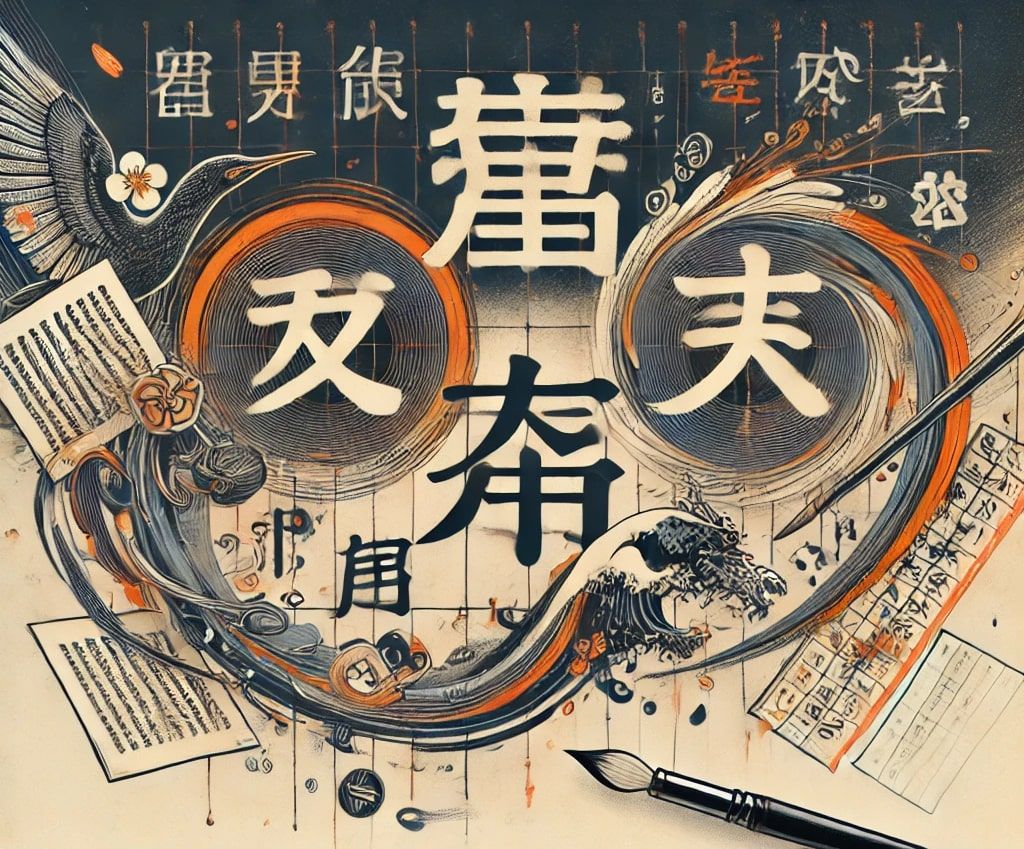
The Japanese writing system tells a captivating story of cultural exchange and adaptation. From its beginnings with Chinese kanji to the creation of hiragana and katakana by Japanese scribes, each script reflects the nation’s evolving identity.

Language barriers might seem daunting, but they’re just challenges waiting to be overcome. By staying consistent, practicing regularly, and using innovative tools like Bla-Bla.AI, you can break through them and unlock a whole new world of opportunities.
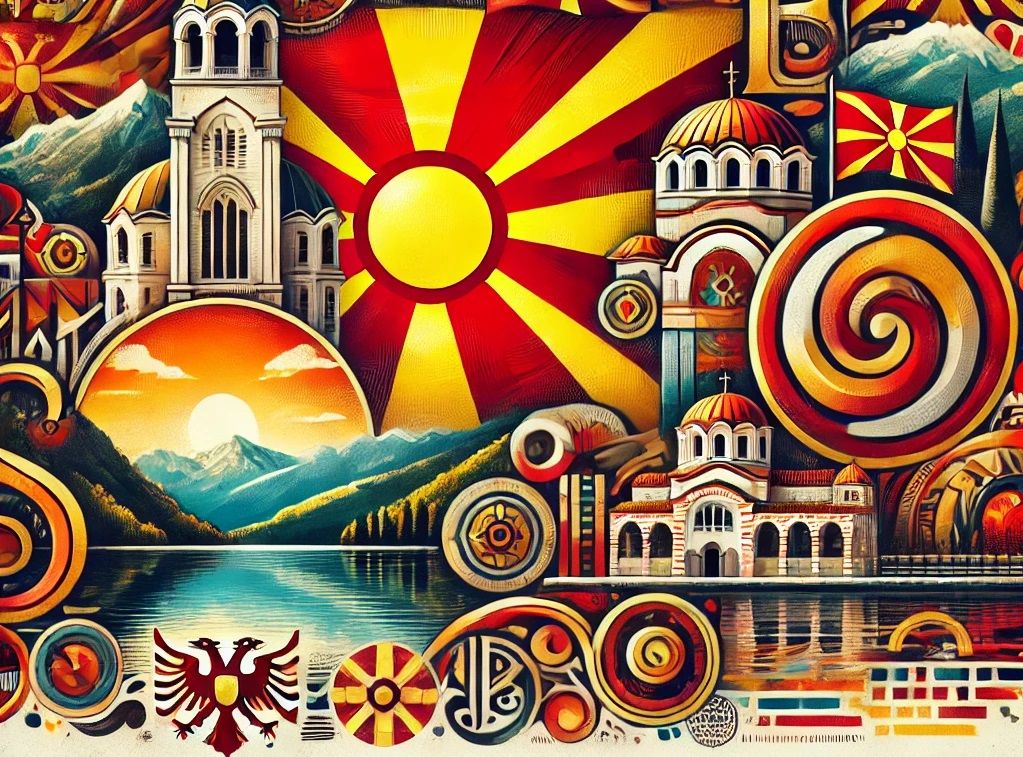
Macedonian is a vibrant South Slavic language spoken in North Macedonia and beyond, with a rich cultural heritage and unique linguistic features. From its Cyrillic script and attached definite articles to its poetic charm and colorful idioms, Macedonian tells the story of a nation’s history, creativity, and resilience.

French is the language of love, elegance, and cultural sophistication. This article explores its rich history, global influence, and the timeless charm that has made French a symbol of romance, artistry, and refined expression.
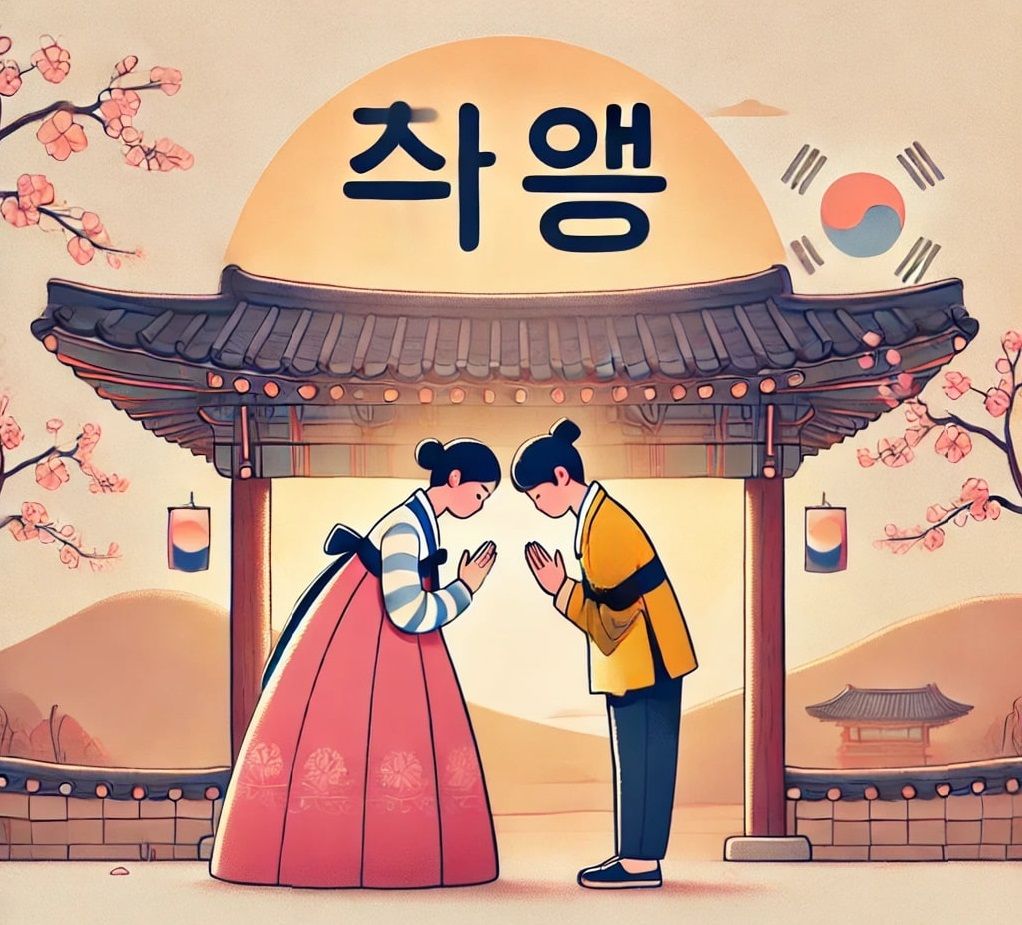
Korean is a language deeply rooted in respect and social harmony, reflected through its intricate politeness levels. This article explores the nuances of formal, casual, and informal speech, helping you navigate conversations and connect meaningfully within Korean culture.

German is famous for its ability to combine words into descriptive compounds, reflecting the language's creativity and precision. Discover how these unique words, like *Handschuh* (glove) and *Fernweh* (wanderlust), capture complex ideas with simplicity and charm.
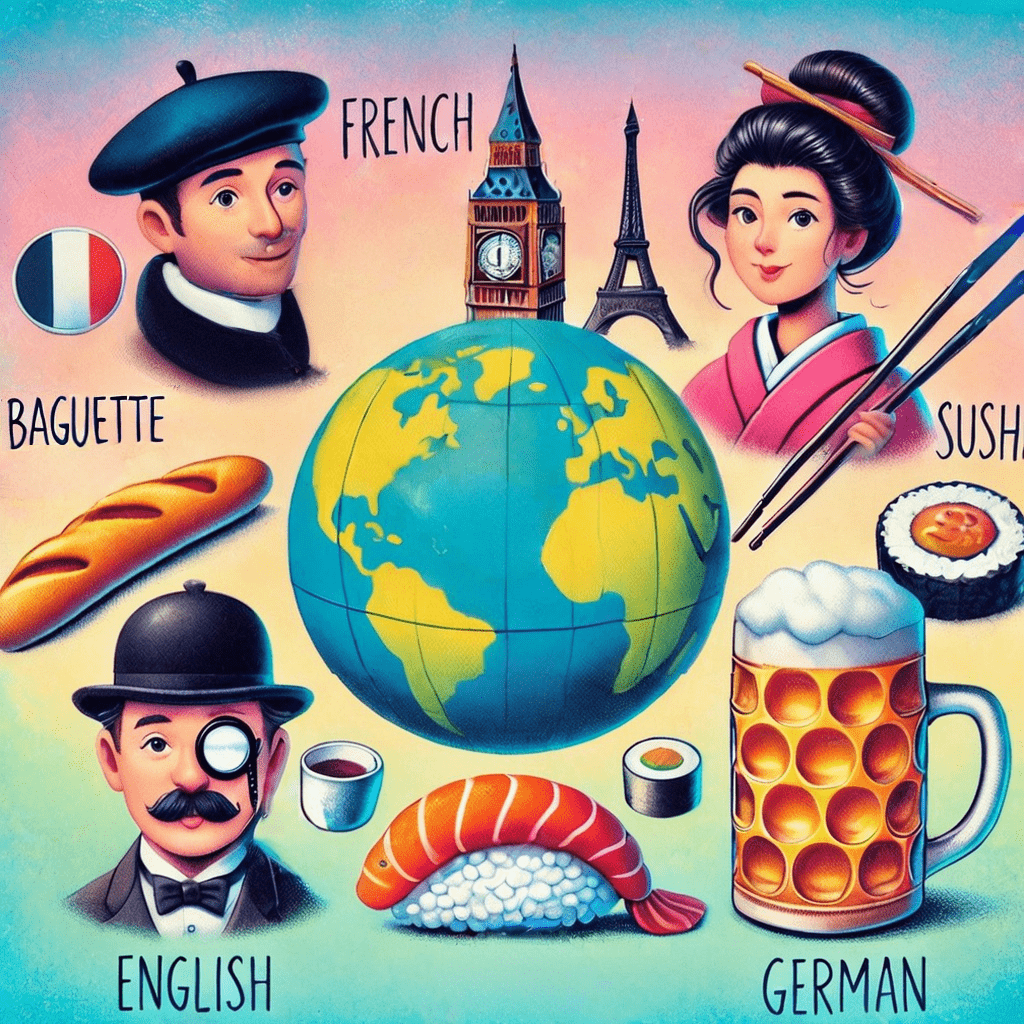
Stereotypes about languages—like French being the language of love or German sounding harsh—offer fascinating insights into cultural perceptions. This article unpacks famous language stereotypes, tracing their origins and uncovering the truths (or myths) behind them. Discover how these ideas shape our views and reveal the deeper beauty of each language.

Pinyin is the gateway to learning Mandarin, transforming the challenge of mastering pronunciation and tones into an achievable goal. As a phonetic system using the Latin alphabet, Pinyin simplifies Mandarin for beginners, making it the perfect starting point for exploring this beautiful and complex language.
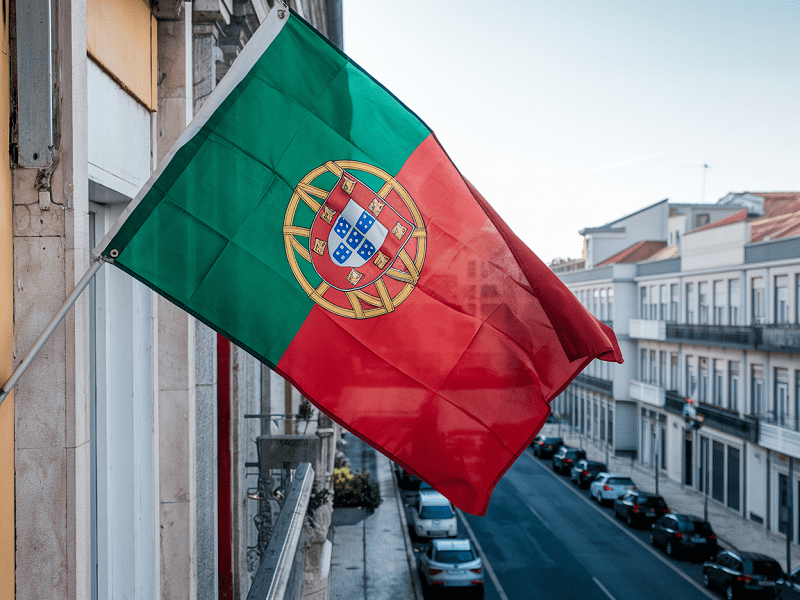
Portuguese, a language of exploration and exchange, has shaped and been shaped by cultures worldwide. From influencing Asian, African, and American languages to absorbing Arabic, indigenous, and African words, the story of Portuguese reflects a rich tapestry of global connections and linguistic evolution.
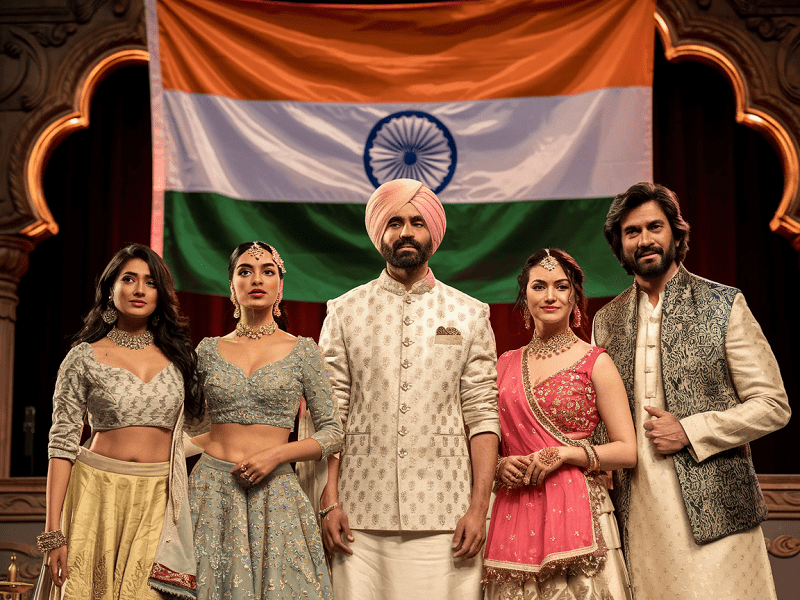
Bollywood, the vibrant and colorful film industry based in Mumbai, has become one of the most influential cultural exports of India.
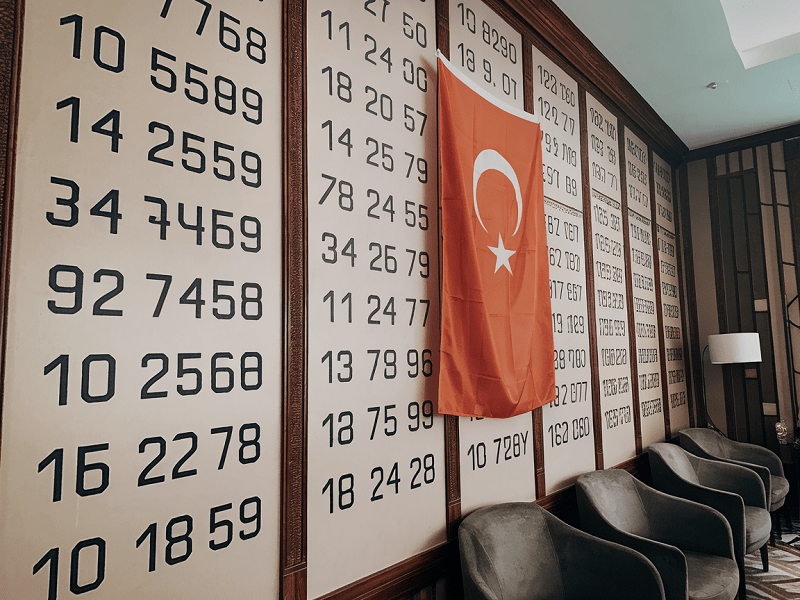
Turkish numbers and the counting system are logical, straightforward, and fascinating due to their agglutinative structure. This article explores the basics of counting, multiples of ten, compound numbers, and cultural insights, offering a comprehensive guide to understanding Turkish numbers and their unique features.
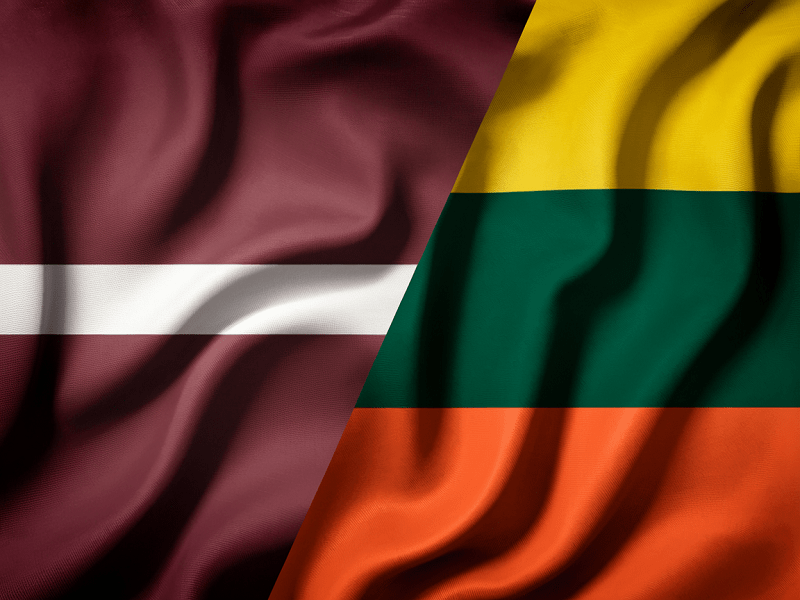
Latvian and Lithuanian, two closely related languages from the Baltic group, share common ancestry but have evolved uniquely over centuries. This article compares their phonology, grammar, vocabulary, and cultural significance, offering insights into their similarities, differences, and the rich linguistic heritage of the Baltic region.
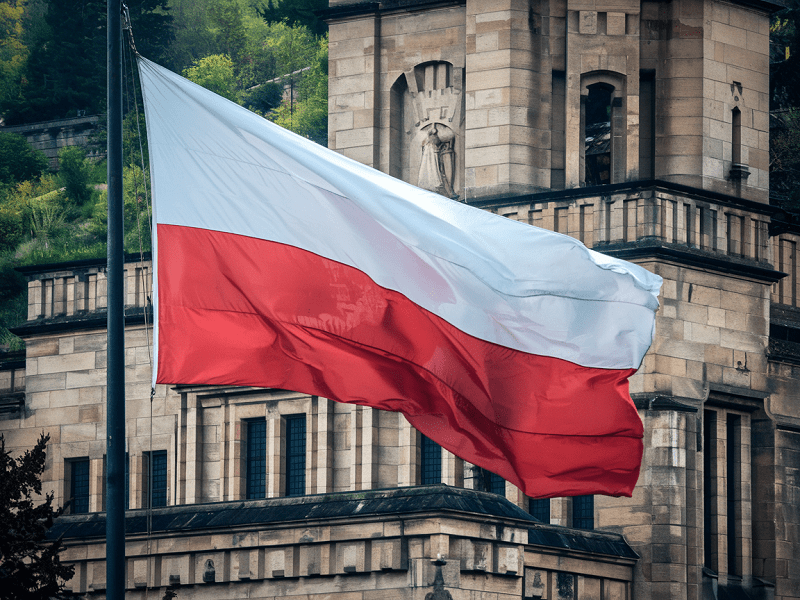
Polish is a language full of charm and nuance, with words that capture emotions and concepts that are difficult to translate into other languages. This article explores ten untranslatable Polish words, revealing their beautiful meanings and offering a glimpse into the culture and spirit of Poland.
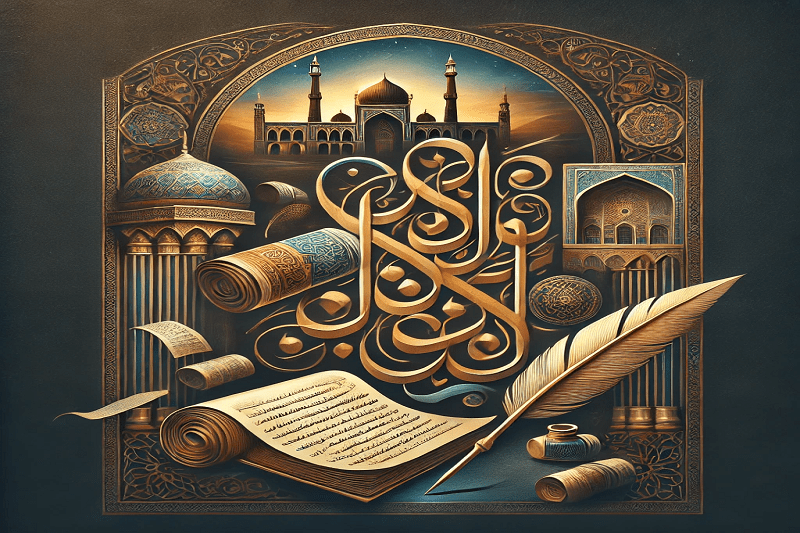
Persian, the language of poets and philosophers, has long been a medium for expressing profound beauty and intellectual depth. From the timeless verses of Rumi and Hafez to the groundbreaking ideas of Avicenna, Persian has shaped the world’s literary and philosophical heritage.
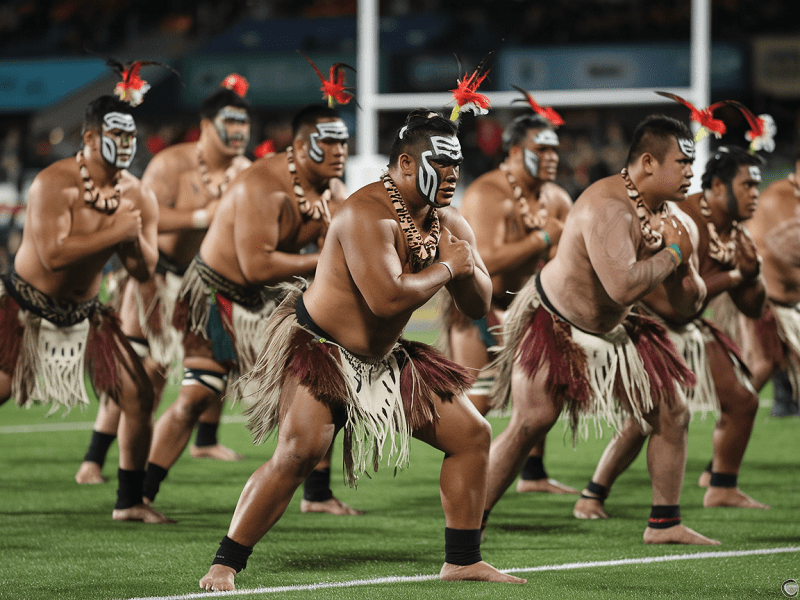
Māori culture comes alive through the powerful haka, a traditional dance that combines movement, chanting, and emotion. More than a performance, the haka is a profound expression of unity, strength, and identity.
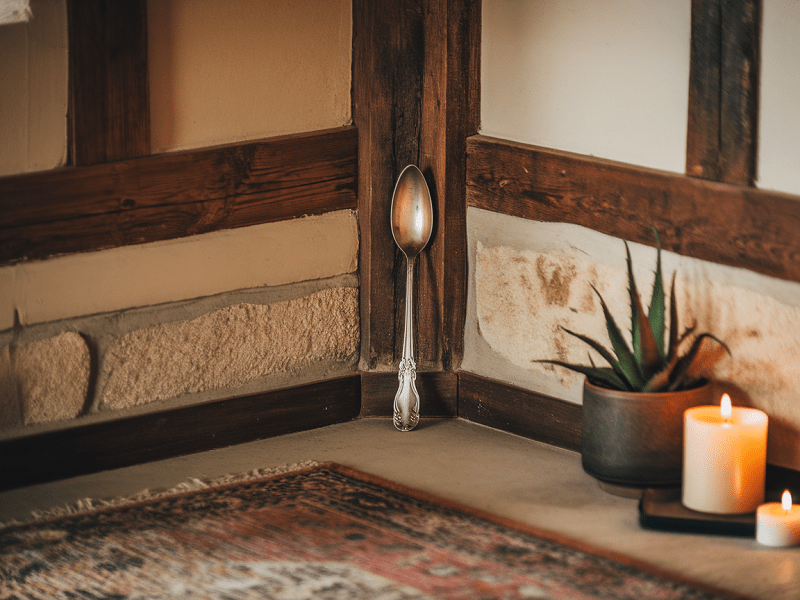
Finnish idioms are a delightful mix of humor, creativity, and cultural insight. From “pulling a pea into one’s nose” to “seeing wolves in dreams,” these expressions capture the unique spirit of the Finnish language and its deep connection to nature and daily life.

Russian verbs стоять ("to stand") and лежать ("to lie") can confuse English speakers with their nuanced usage. In Russian, these verbs go beyond physical orientation, reflecting context, function, and cultural perspectives.
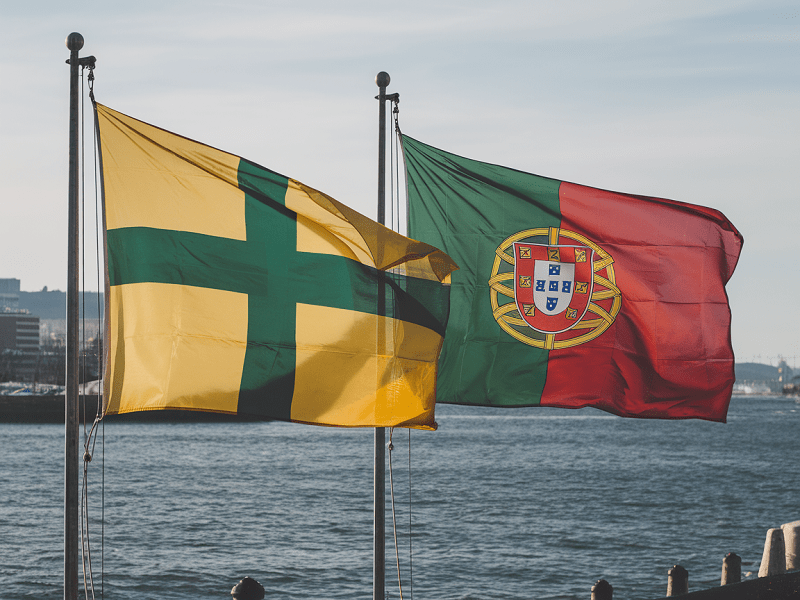
Galician and Portuguese share a common origin in the medieval Galician-Portuguese language, making them linguistic siblings with many similarities. However, centuries of political and cultural divergence have shaped them into distinct languages.
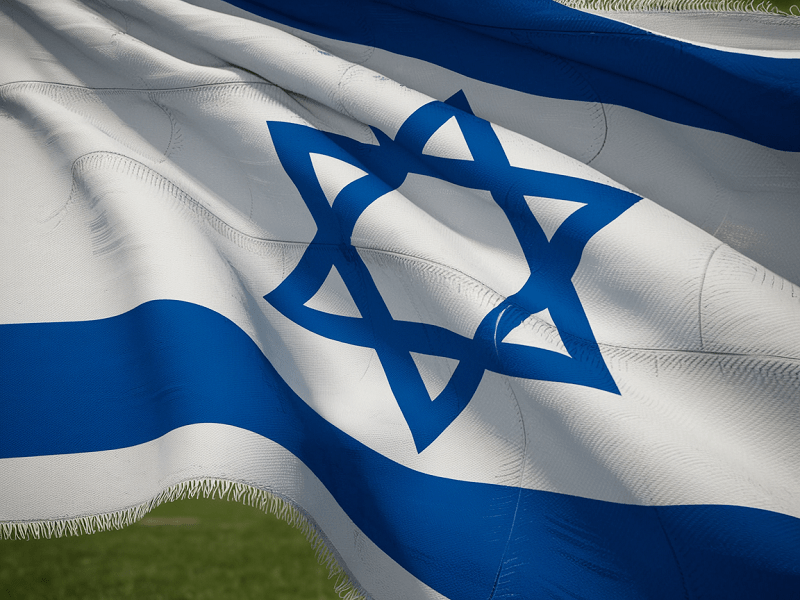
Hebrew names are deeply rooted in tradition, carrying meanings that reflect values, blessings, and connections to biblical heritage.